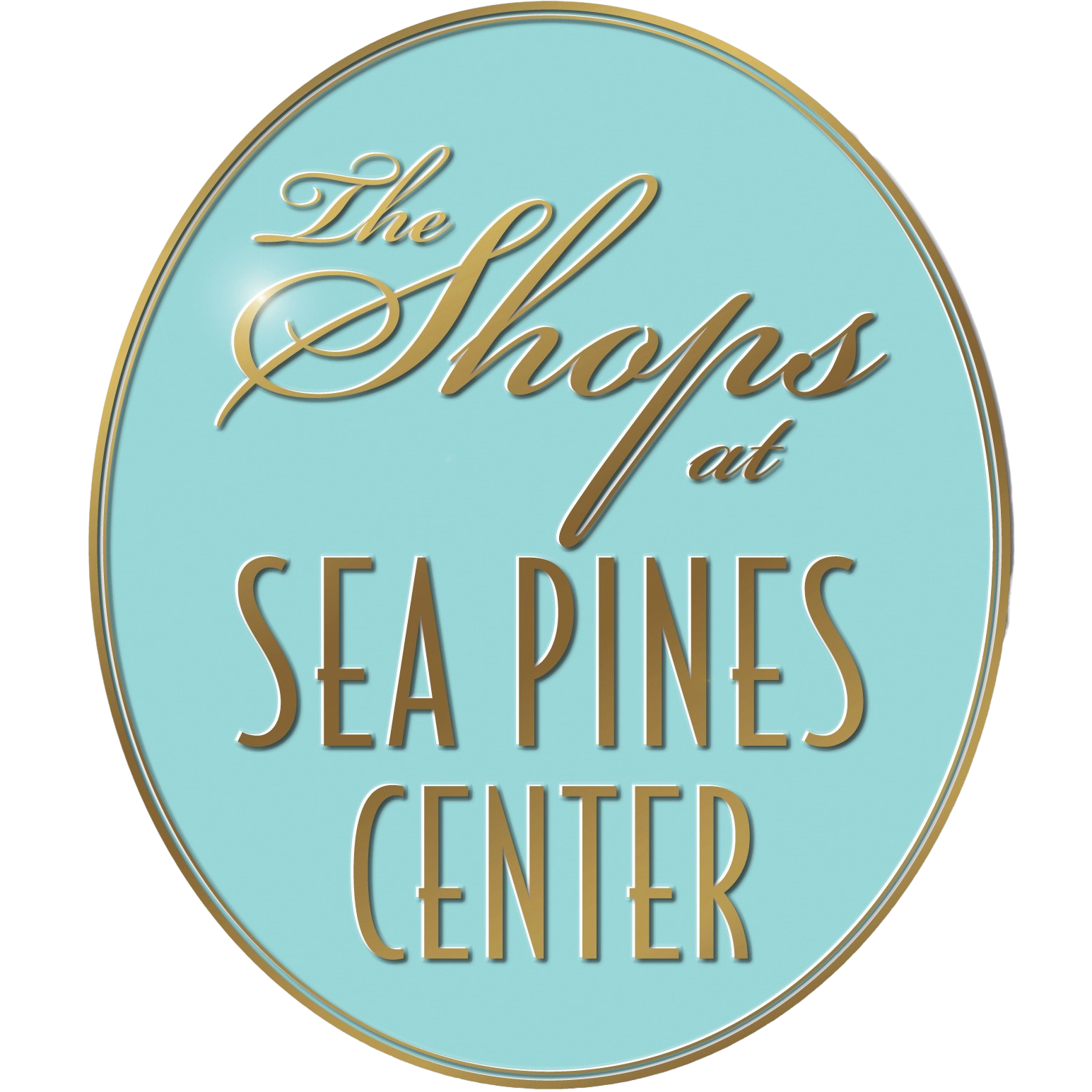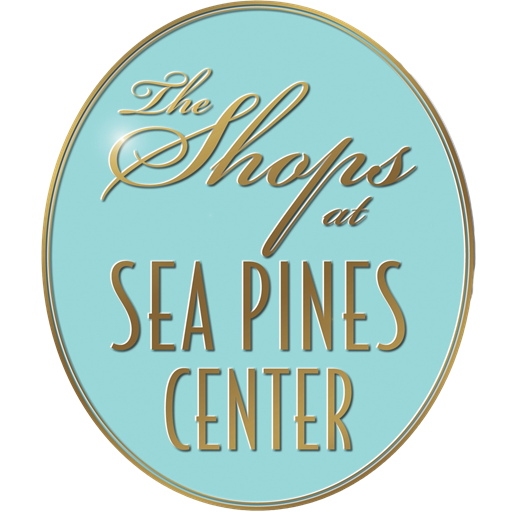| Date:
| Reading Time:
| Excerpt:
Sited in the middle of Sea Pines’ Miracle Mile, The Shops at Sea Pines Center became from the beginning a forum to share knowledge about enjoying life here.

Because the design of The Shops at Sea Pines Center embraces a sunny plaza with fountains and palm trees, and because it is sited in the middle of Sea Pines’ Miracle Mile, it became from the beginning a forum where Sea Pines residents and regulars have come to share their inside knowledge about enjoying life here in this one-of-a-kind seaside resort.

And here, the best-informed visitors come, too, to find out what the regulars know. We see the purpose of this meeting place fulfilled every day in the most casual, comfortable way. Forum is surely too fancy a word. Yet seeing things unfold so naturally we might need a reminder of how vital this function really is – a place where people gather and share, where they run into old and new friends, planned and unplanned.
In this day of virtual offices and working remotely, many have found a workday that brings with it fewer distractions – including the distraction of commuting. There are cities like D.C. and L.A. where this relief is even more welcome than elsewhere, and for many it makes sense. If a person’s work is focused on producing a product or a document or an analysis that depends only on fixed, predictable, and definable inputs, then the solitary workday can indeed work.
No Substitute for the Unexpected
But that’s not what most people really do. In the 21st century, the backbone of the economy consists of creative and “knowledge-based” businesses. And increasingly, these businesses are finding that there’s no substitute for people running into each other in the hallway. Those unplanned conversations, those “ya’ got a minute?” meetings just can’t be replaced by any form of software or outperformed by any speed of digital signal exchange.
That’s part of what the ancient planners were providing when they designed a forum into every town of the classical age, from Rome to a town on the frontier. It was not just a space surrounding the buildings dedicated to religion, government, and commerce. It was a wide-open question from one citizen to another, “What’s on your mind?” Even people still living, who might remember the town square of small-town America, can tell you what it looked like when farmers leaned on parking meters and chewed on topics like weather and soil, politics and crop prices, in a laconic language all their own.
So Essential It was Programmed
The functions of a forum are, indeed, so basic that creating a virtual version was one of the earliest initiatives on the Internet, first appearing in the 1970s. From early in the Internet experience, the need was seen for “bulletin boards” – web pages where information could be posted publicly and accessed by anyone. Those of us who remember them know of jobs that required knowing what was on the bulletin board at all times. While seemingly primitive, this system was longstanding in both actual (analog) and virtual environments as a means of maintaining situational awareness in an organization.
Computer conferencing systems soon arose as forums for computer-generated content that would accommodate longer messages than a bulletin board, as well as two-way communication that became known as threaded discussion. Does anyone remember the Planet-Forum system from the early 1970s, or the EIES system that went operational in 1976, or the KOM system from 1977? Even hearing their names feels a little like archaeology. Still active today is Delphi Forums, with four million members, originating in 1983.
Online forums expanded along the lines of special interests – such as sports, music, fashion, video gaming, and even politics and religion. Not surprisingly, then, regular users began to feel they were part of a virtual community, because common interests brought them into that non-physical space in the first place. Today, forum software packages are available widely on the Internet and written in a variety of programming languages, such as Java, PHP, Perl, and ASP.
Adobe Support describes its services to forum builders and members as “Community Support.” In this choice of words, a lot of meaning appears. It is that sense of community that people once enjoyed in town halls, town squares, municipal auditoriums, and Chautauqua assemblies that we are trying to re-invent for the digital age. The relative success at achieving anything like that is something on which the jury is still out.
Among The Shops at Sea Pines Center, we prefer the actual gathering place to the digital. But then we are biased, because we enclose here one of the most attractive plazas for people to visit. It was designed to feel comfortable, pleasant, and to encourage frames of mind and trains of thought that are good to share. Our plaza is one of the things here that we’d have to count as a great success.
Deep Within Us
Which came first? Clearly the desire to connect was there before the forum was invented. Like ageless architecture it stemmed from a human need, not caused it. People want to confer, usually the more casual the better. (Formality seems to have developed as a way to deal with things more complex than the everyday. Even formality was invented to make things simpler.) This natural desire to connect has given us everything we enjoy that’s greater than one person can produce.
As a result, we treasure our plaza here within The Shops at Sea Pines Center. We hope you’ll come to do so, too.




